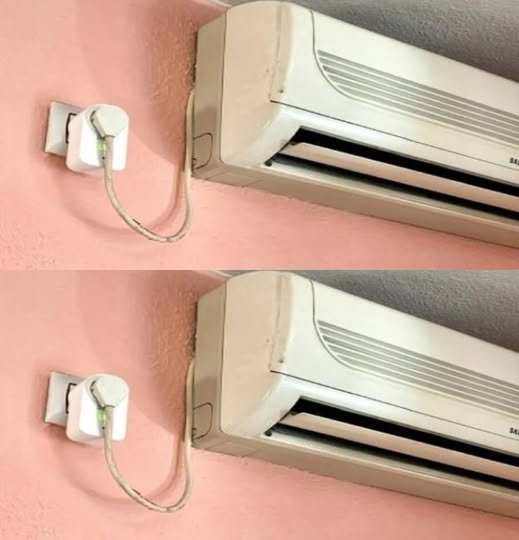ADVERTISEMENT
Keep your AC at 24–26°C (75–78°F) for comfortable cooling without overworking the unit.
Use a Programmable Thermostat
Schedule cooling only when needed, such as during hot hours, and raise the temperature when no one is home.
Close Windows and Doors
Prevent cool air from escaping and warm air from entering.
Use Fans to Circulate Air
Ceiling or portable fans help distribute cooled air evenly, allowing higher thermostat settings.
Keep Filters Clean
Dirty filters reduce airflow and make the AC work harder. Clean or replace filters regularly.
Block Sunlight
Close curtains or blinds during peak sunlight hours to reduce heat entering your home.
Avoid Heat-Generating Appliances
Minimize use of ovens, stoves, or dryers during the hottest parts of the day.
Seal Leaks
Check doors and windows for gaps and seal them to prevent air loss.
FAQ
1. Can I save energy by turning off the AC completely when away?
Yes, but using a programmable thermostat to slightly raise the temperature is more efficient than turning it off and cooling from hot temperatures later.
2. Does higher AC temperature really save electricity?
Yes. Each degree higher can reduce energy use by about 3–5%.
3. Should I run the fan continuously?
Fans use less energy than AC. Running fans along with a slightly higher AC setting is optimal.
Conclusion
Saving energy while staying cool is simple with smart AC habits. By adjusting temperature, improving airflow, and blocking heat sources, you can enjoy comfort without skyrocketing electricity bills.
ADVERTISEMENT
